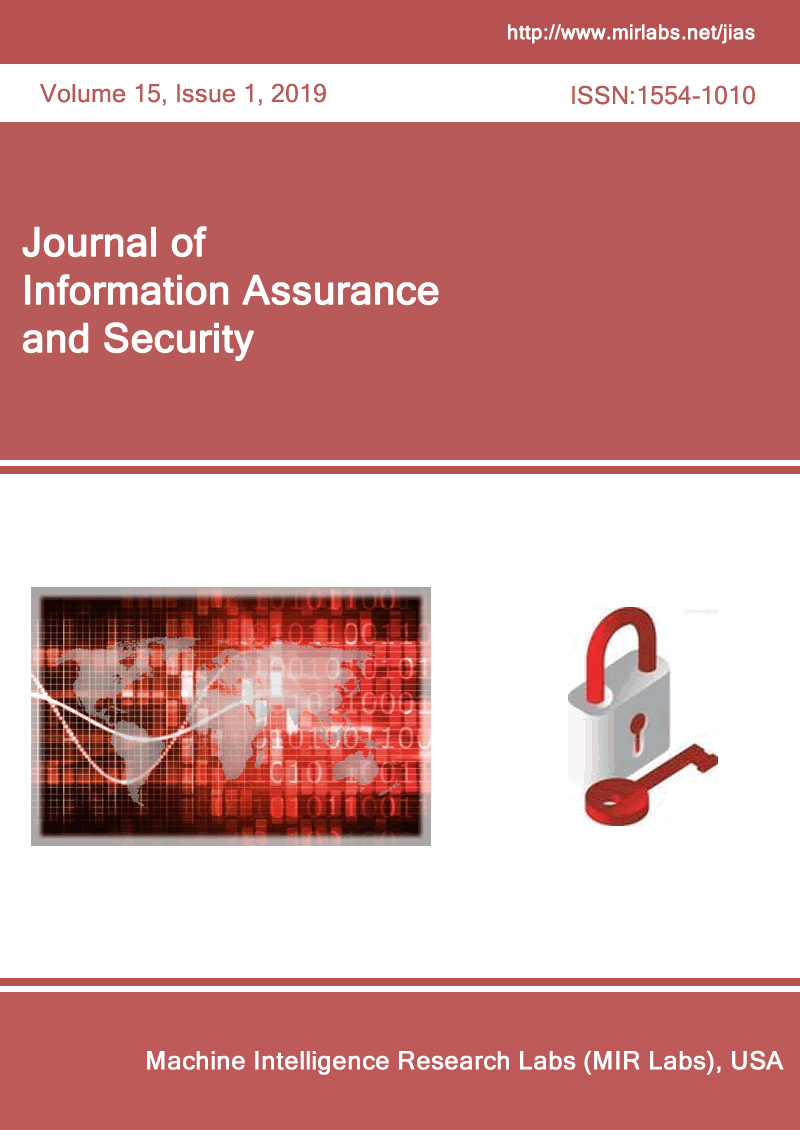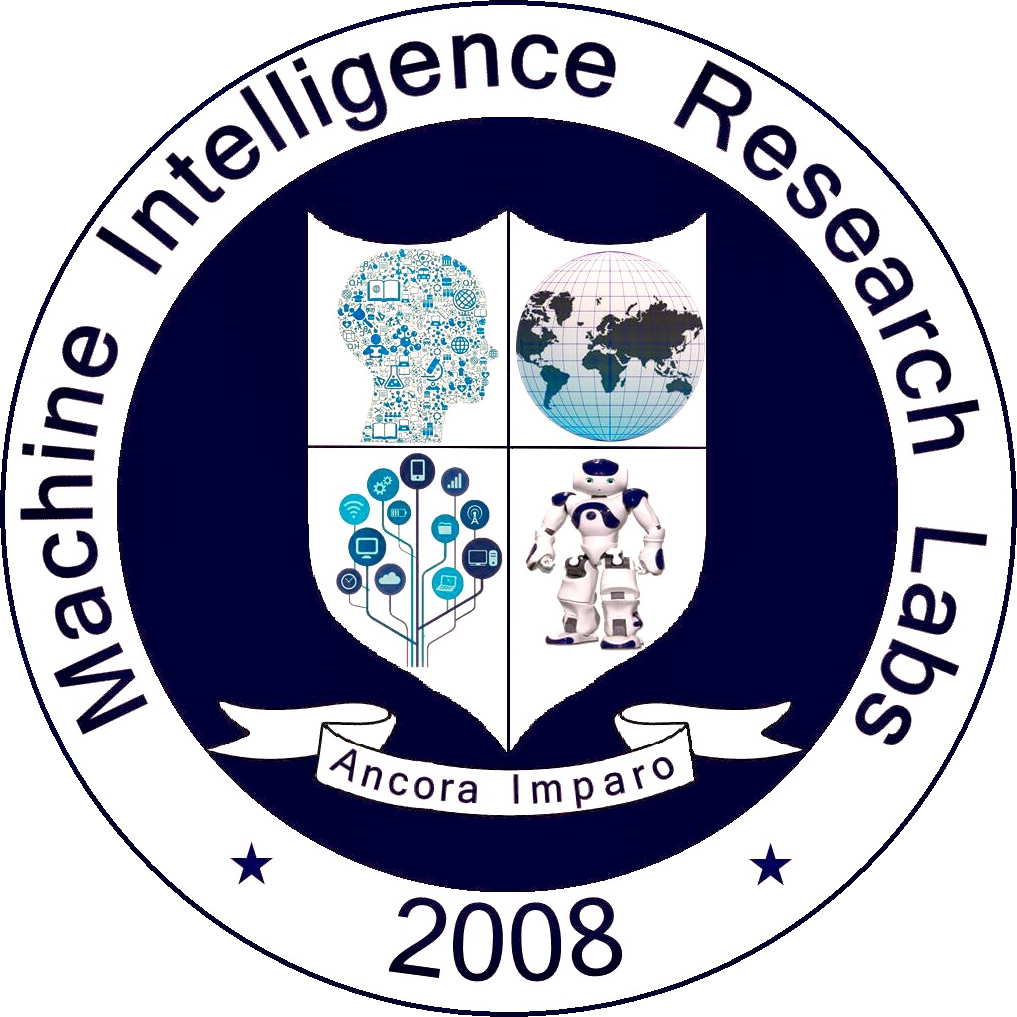ISSN 1554-1010 |
| |

A publication of |
 |
| Machine Intelligence Research Labs (MIR Labs), USA |
| Editorial inquiries should be directed to the Editor-in-Chief |
General Instructions:
From time to time, Guest Editors are invited to produce Special Issues consisting of some articles grouped around a common theme. Proposals for Special Issues are welcome, as are Guest Editorials and Announcements.
Each manuscript must be accompanied by a statement that it has been neither published nor submitted for publication, in whole or in part, either in a serial, professional journal or as a part in a book which is formally published and made available to the public. For the mutual benefit and protection of authors and publishers it is necessary that authors provide formal written consent to publish and transfer of copyright before the publication of the article.
JIAS copyright form in MS Word: Copyright form
Starting 2009, Journal of Information Assurance and Security (ISSN 1554-1010) is published 6 issues/year.
Publication Ethics and Malpractice Statement
Mirlabs Publishers adheres to the principles outlined by COPE – Committee on Publication Ethics. Authors who are concerned about the editorial process may refer to COPE.
Plagiarism
Plagiarism in any form constitutes a serious violation of the most basic principles of scholarship and cannot be tolerated. Examples of plagiarism include:
1. Word-for-word copying of portions of another's writing without enclosing the copied passage in quotation marks and acknowledging the source in the appropriate scholarly convention.
2. The use of a particularly unique term or concept that one has come across in reading without acknowledging the author or source.
3. The paraphrasing or abbreviated restatement of someone else's ideas without acknowledging that another person's text has been the basis for the paraphrasing.
4. False citation: material should not be attributed to a source from which it has not been obtained.
5. False data: data that has been fabricated or altered in a laboratory or experiment; although not literally plagiarism, this is clearly a form of academic fraud.
6. Unacknowledged multiple submission of an article for several purposes without prior approval from the parties involved.
7. Unacknowledged multiple authors or collaboration: the contributions of each author or collaborator should be made clear.
8. Self-plagiarism/double submission: the submission of the same or a very similar article to two or more publications at the same time.